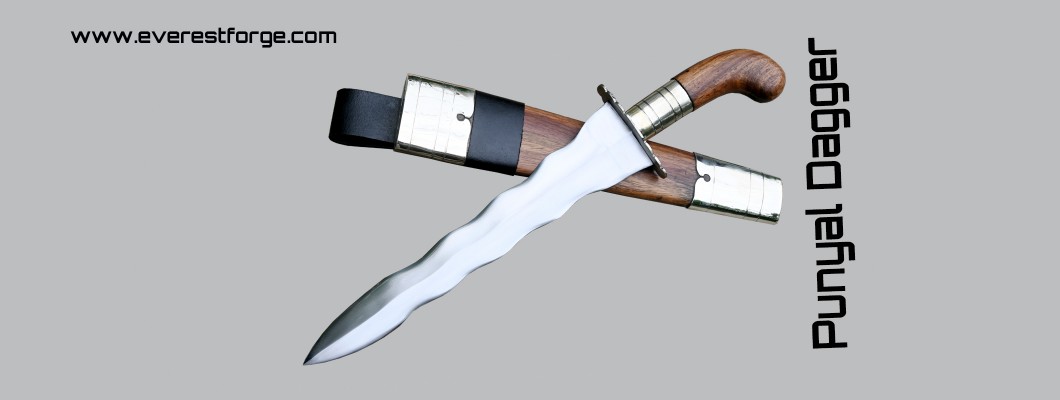
Punyal Dagger – The Traditional Blade of the Southern Philippines
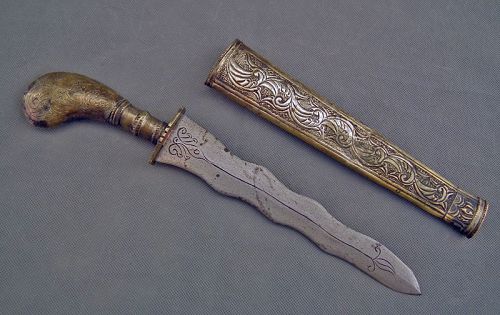
The Punyal, also referred to in some regions as the Gunong, is a traditional Filipino dagger with deep roots in the warrior cultures of the southern Philippines. Carried daily by the Moro tribes of Mindanao and the Sulu Archipelago, the Punyal served both as a practical utility blade and as a symbol of readiness, status, and self-protection.
At Everest Forge, we have revived this iconic blade with care and authenticity. Each Punyal we produce is hand-forged using 5160 high carbon spring steel, ensuring durability, sharpness, and historical accuracy. This blade honors the original form while delivering modern strength for real-world use.
Origins and Historical Significance
The Punyal dagger's name is derived from the Spanish word puñal, meaning dagger, but its existence in Filipino culture predates colonial times. While the term may have been influenced by the Spanish language, the blade itself is indigenous to the southern Philippines.
In traditional Moro society, the Punyal was an essential item worn by men at all times. It was usually tucked into the sash or waistband, making it immediately accessible. The dagger was not merely ornamental; it played an active role in daily life. From cutting food and rope to defending against enemies or wild animals, the Punyal was both tool and weapon.
The blade also had ceremonial and symbolic importance. In many communities, it was passed down from father to son, representing family honor, responsibility, and martial tradition. Wealthier individuals sometimes had their Punyals crafted with silver inlays or ivory hilts, reflecting their social rank and status.
The dagger’s size, shape, and decoration varied slightly between ethnic groups such as the Tausūg, Maranao, Maguindanao, and Sama-Bajau, but all shared a similar form: a small, double-edged blade designed for efficiency and lethality at close range.
Blade Structure and Modern Forging Techniques
The traditional Punyal blade was often double-edged, with either a straight profile or a gently wavy blade pattern, reminiscent of the larger Kris. Its shape made it effective for both thrusting and slashing. Today, Everest Forge continues this legacy with precision craftsmanship and reliable modern materials.
Our blades are hand-forged from 5160 high carbon spring steel, a material known for its excellent toughness, edge retention, and flexibility. This is the same steel often used in high-performance swords and combat knives. It allows the blade to withstand significant stress without chipping or breaking, making it highly functional for both traditional martial arts and everyday cutting tasks.
Specifications
- Blade Material: 5160 high carbon steel, hardened and tempered for edge durability
- Blade Type: Double-edged, straight or wavy (Kris-style)
- Tang: Full tang for improved strength and balance
- Handle: Polished hardwood grip, fitted with stainless steel bolster and pommel
- Scabbard: Wooden sheath reinforced with stainless steel fittings
- Length: Blade typically ranges from 6 to 10 inches
Our blades are forged by hand in Nepal, in collaboration with skilled blacksmiths who carry centuries of blade-making tradition. Each Punyal is made with care, shaped, sharpened, and tested to ensure both form and function.
The Punyal in Filipino Martial Arts
The Punyal is still actively used in Filipino Martial Arts (FMA) systems such as Kali, Arnis, Eskrima, and Kuntao. These martial arts emphasize speed, agility, and fluid motion. In these systems, the Punyal is employed in close-quarters combat, where quick thrusts, counters, and disarms are essential.
Training with a Punyal builds an understanding of timing, blade control, and defensive awareness. The short blade and double edges allow for:
- Fast directional changes
- Reverse-grip techniques
- Efficient blocking and parrying
- Precise targeting of pressure points and joints
Because of its compact size, the Punyal can be drawn quickly and used in confined spaces. In both combat and training, it teaches economy of movement and strategic precision.
Cultural Preservation and Modern Relevance
In modern times, the Punyal dagger holds continued cultural and historical significance. It is collected by martial artists, historians, knife collectors, and those seeking a deeper connection to Filipino heritage.
At Everest Forge, we view each Punyal not just as a blade, but as a continuation of a long legacy. By forging these blades using time-tested methods and modern metallurgy, we help keep this heritage alive. Whether used for display, combat training, or fieldwork, the Punyal is a timeless companion.
Our initiative also supports rural blacksmith families in Nepal through our Forging the Future program, which helps educate children from blacksmith communities. Every blade sold contributes to preserving traditional craftsmanship and empowering future generations.
Why Choose a Punyal from Everest Forge
We specialize in creating functional, historically-inspired blades that reflect the cultures they come from. When you purchase a Punyal from Everest Forge, you get:
- A battle-ready blade forged from high-quality steel
- Traditional design and construction
- Support for artisan blacksmith communities
- A piece of living history, not just a replica
Our products are not mass-produced. Each Punyal is made by hand, tested for durability, and crafted with pride.

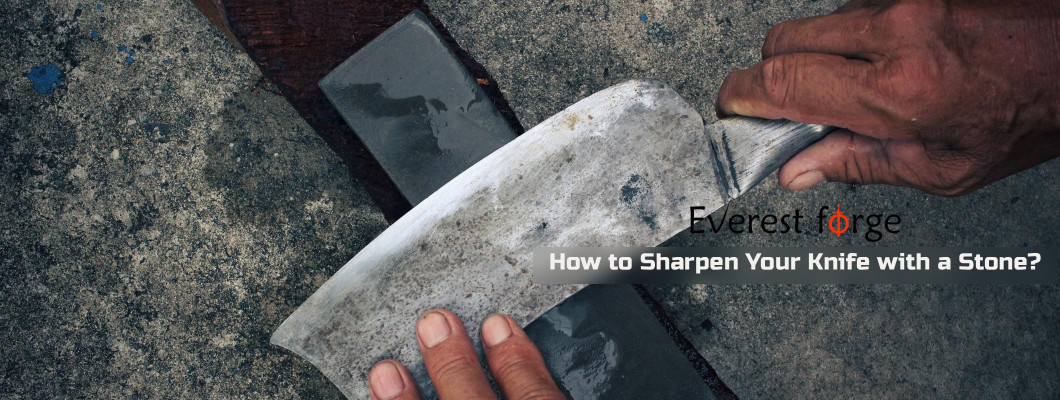
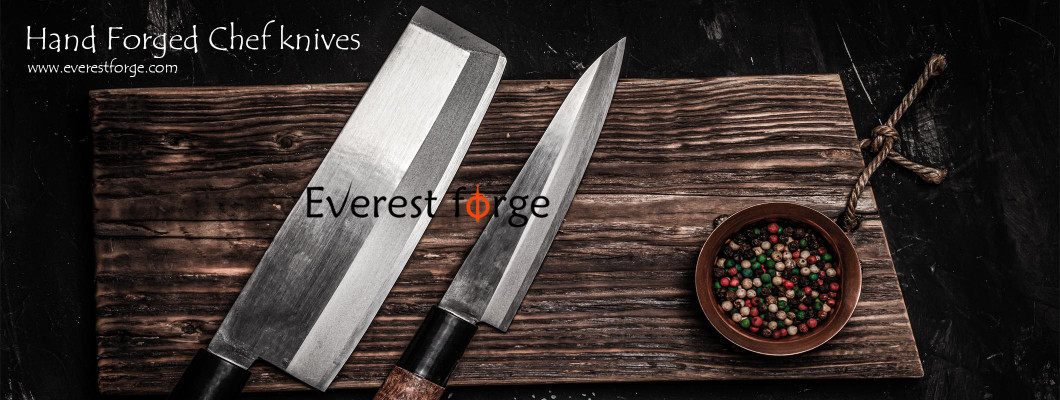
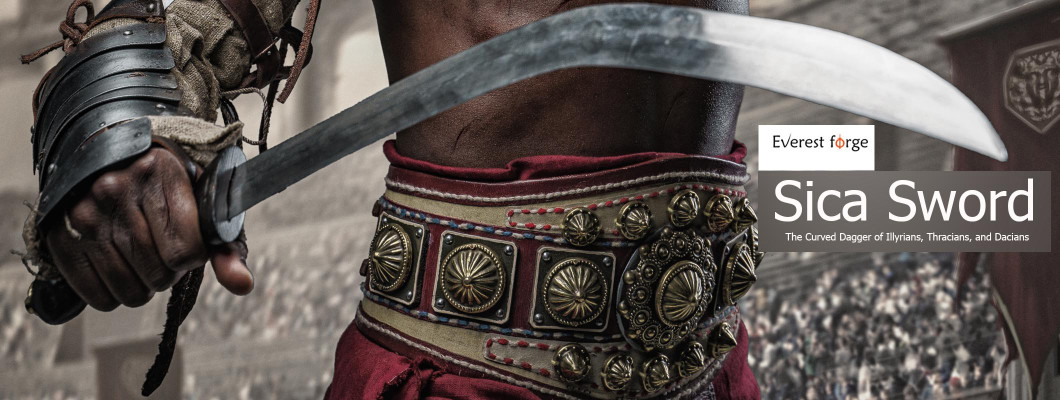
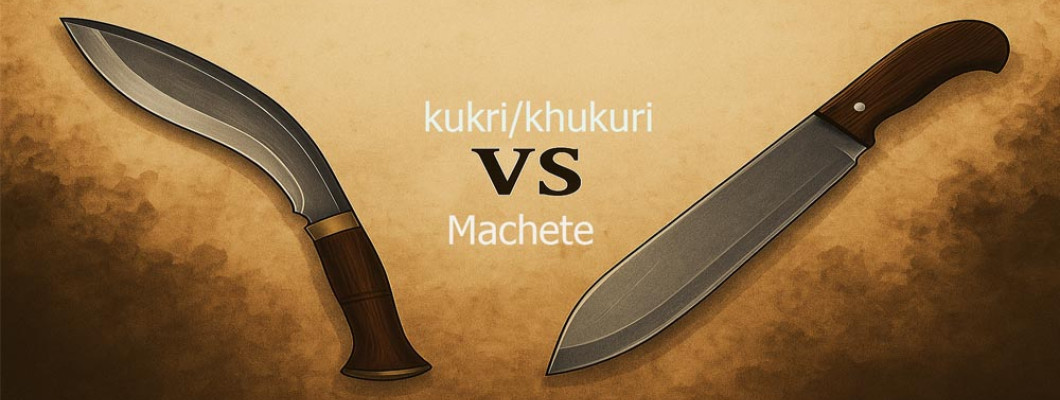
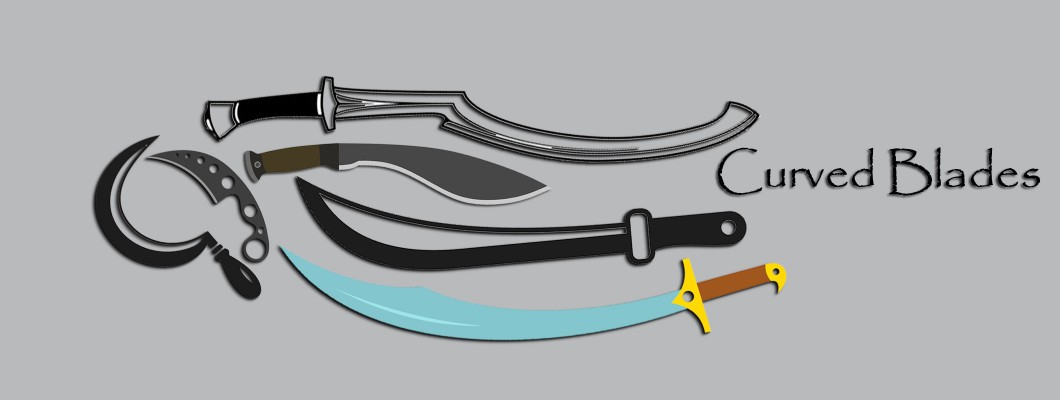
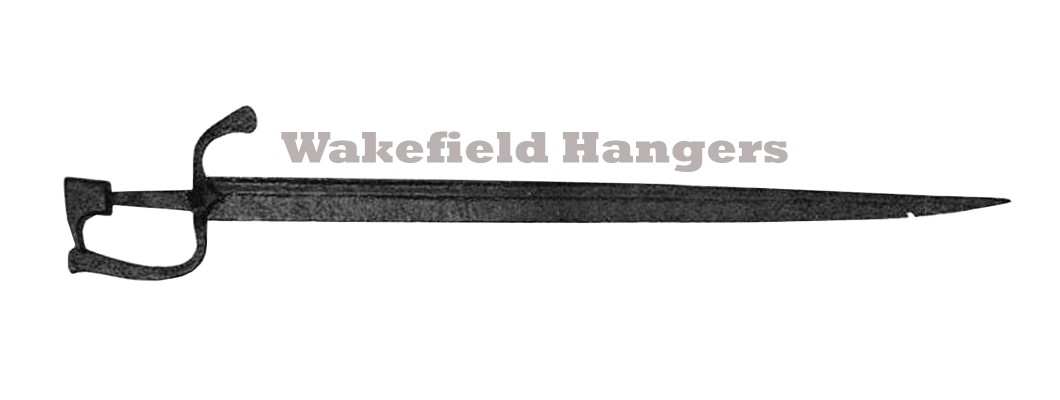
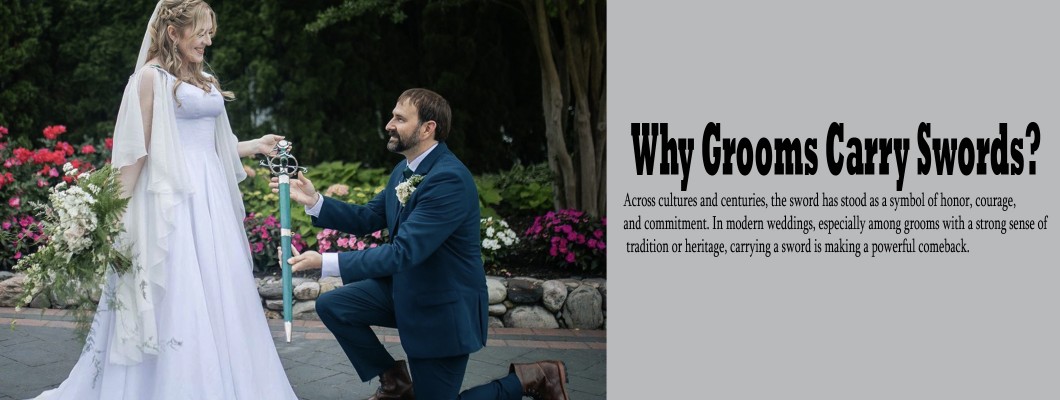
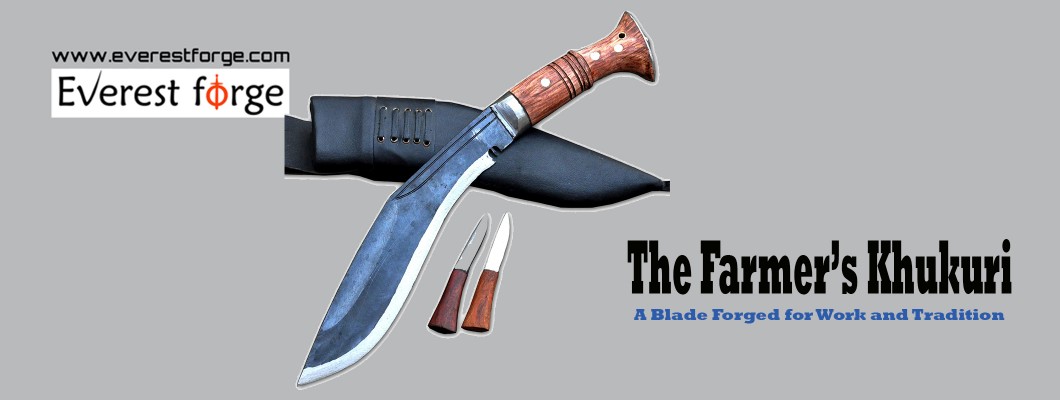
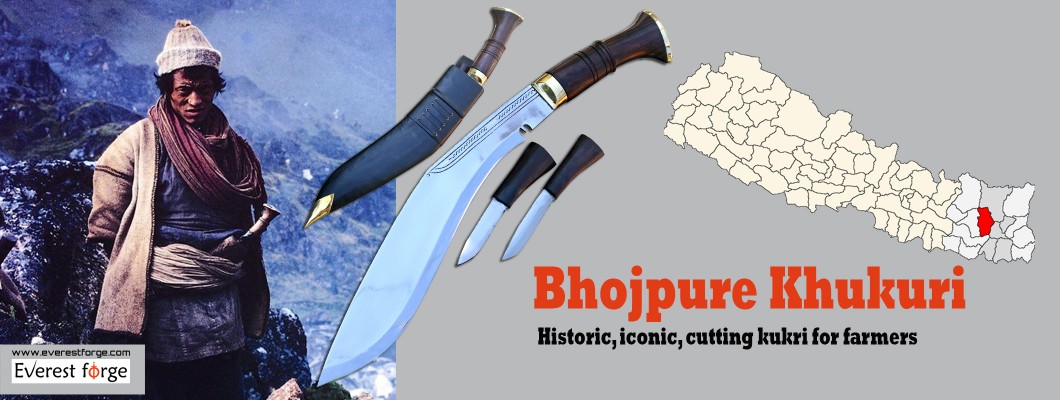
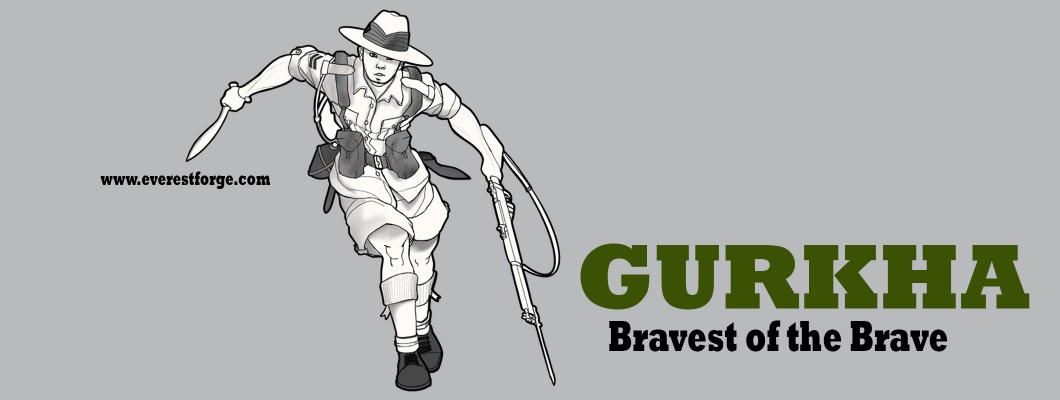
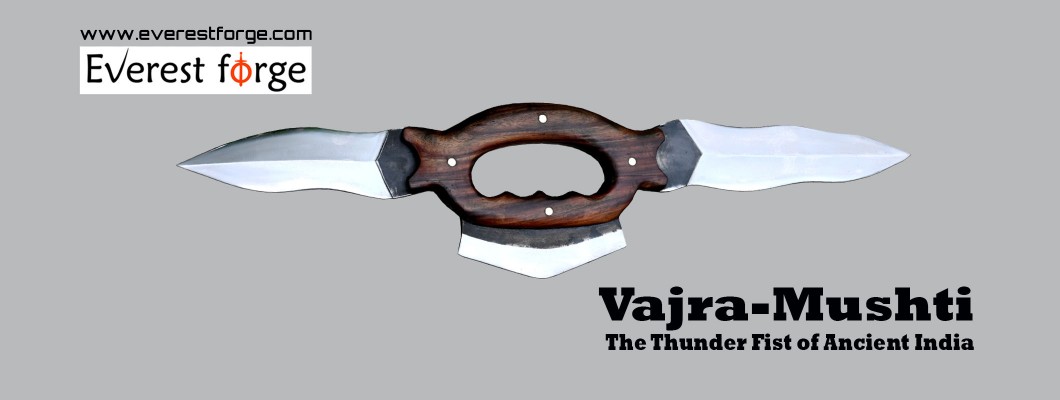
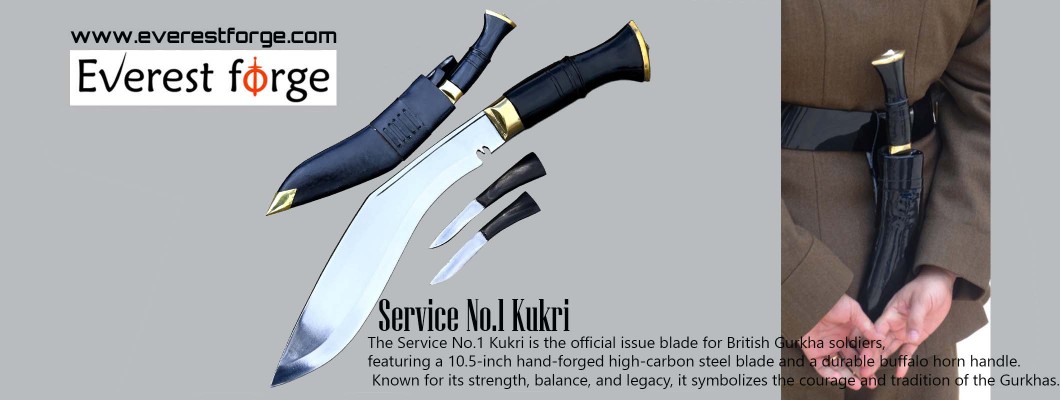
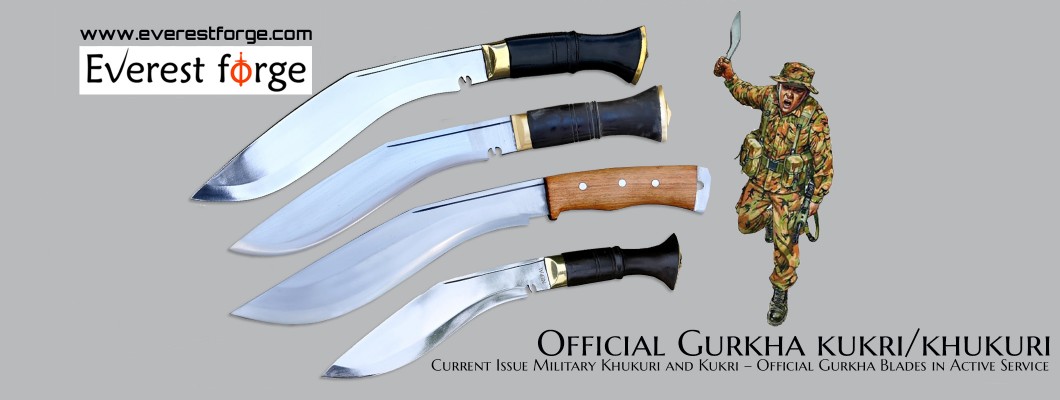
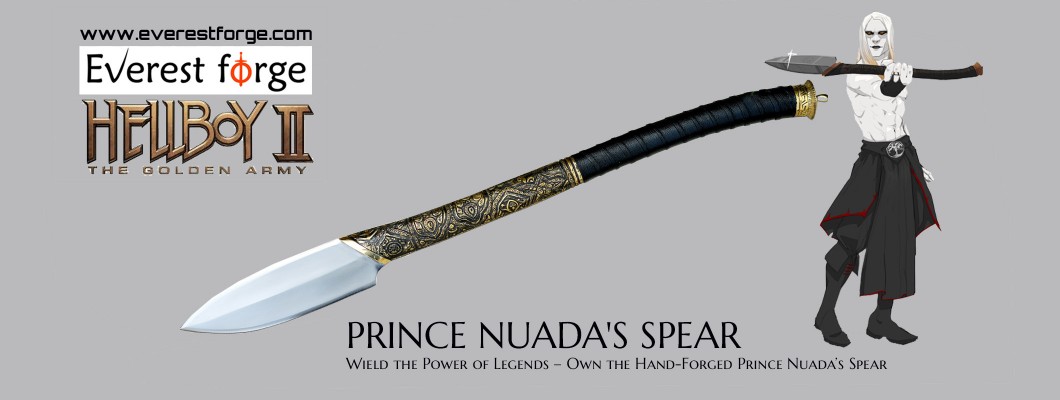
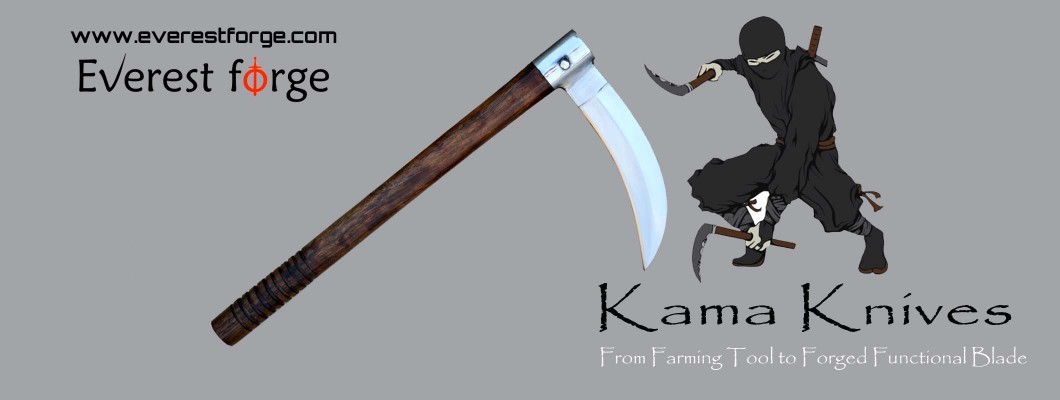
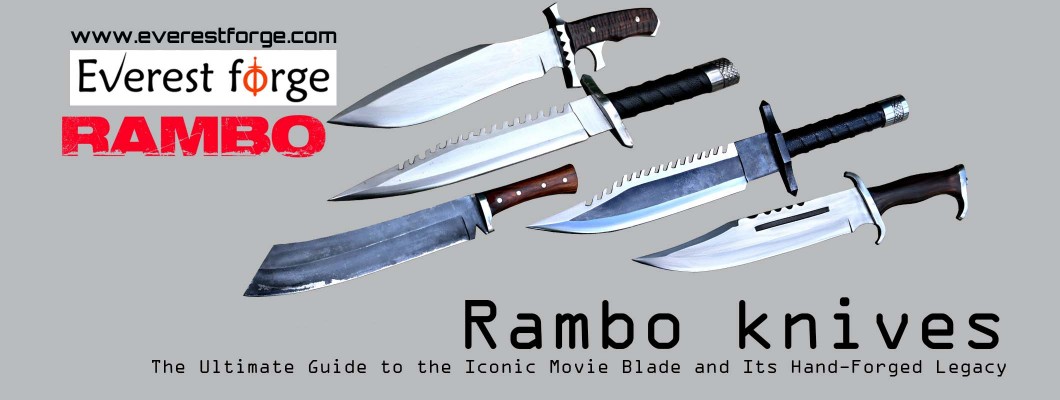
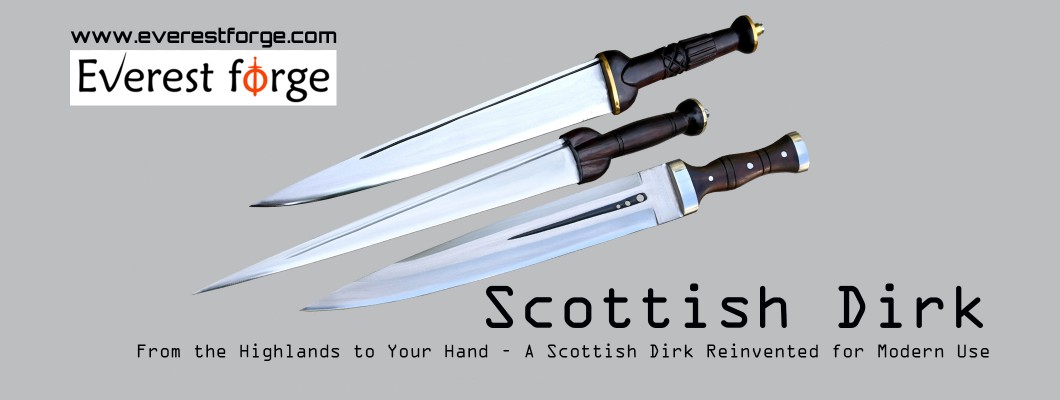
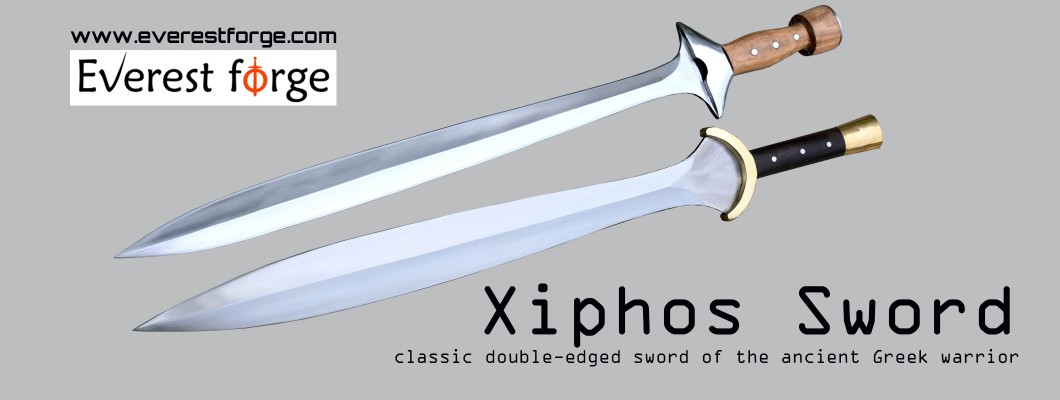
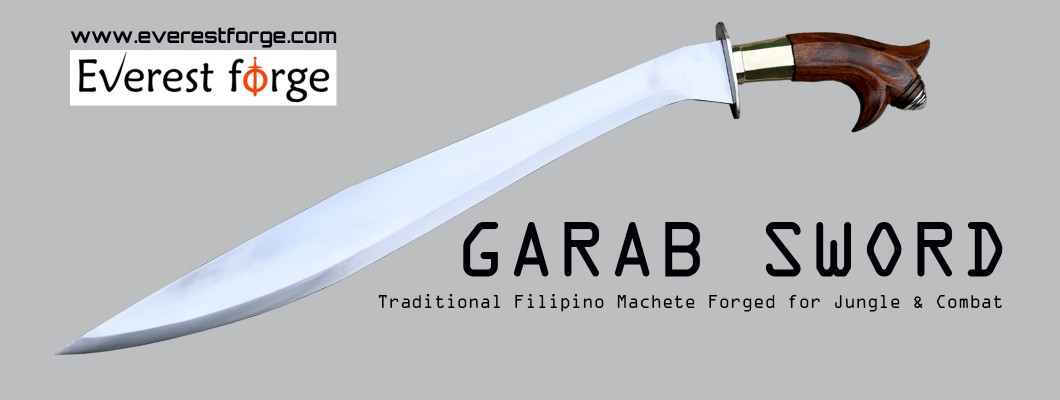
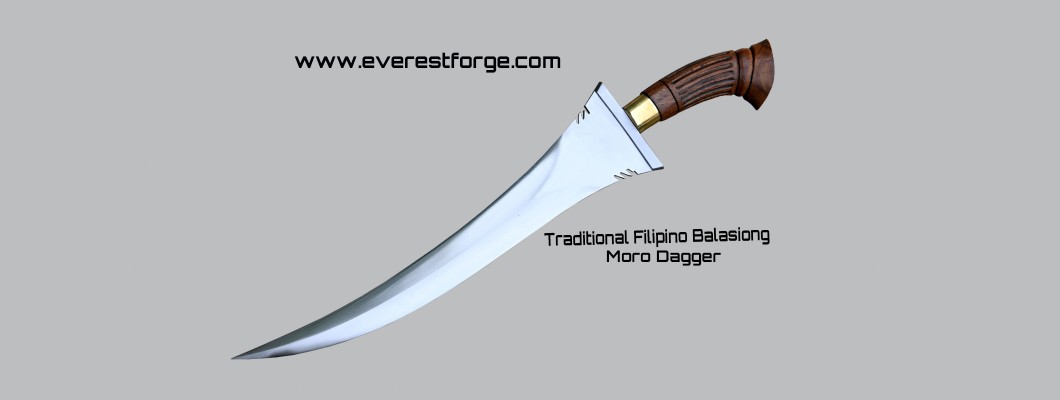

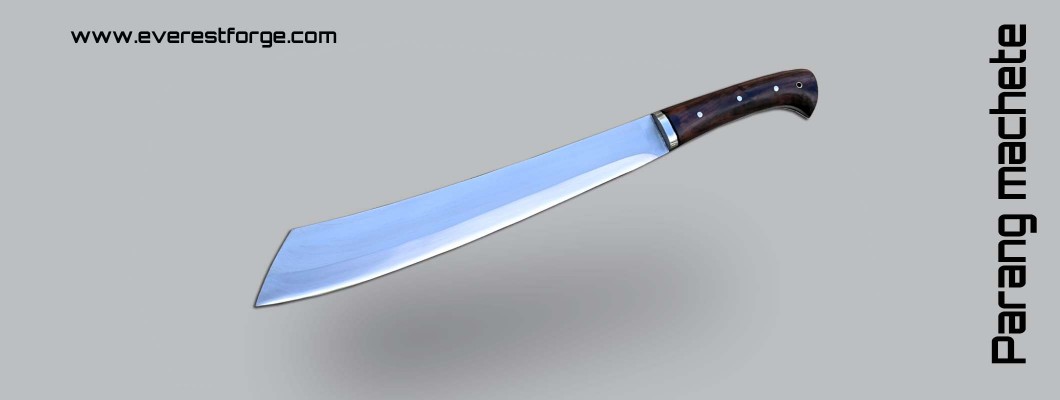
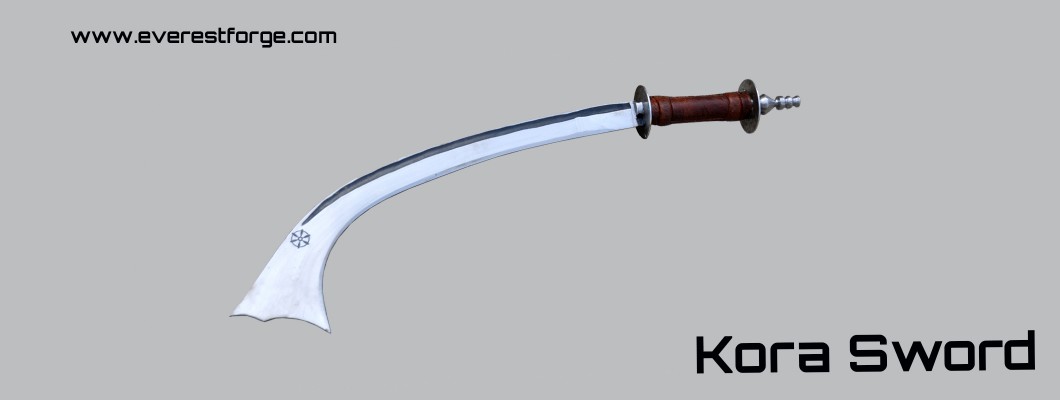
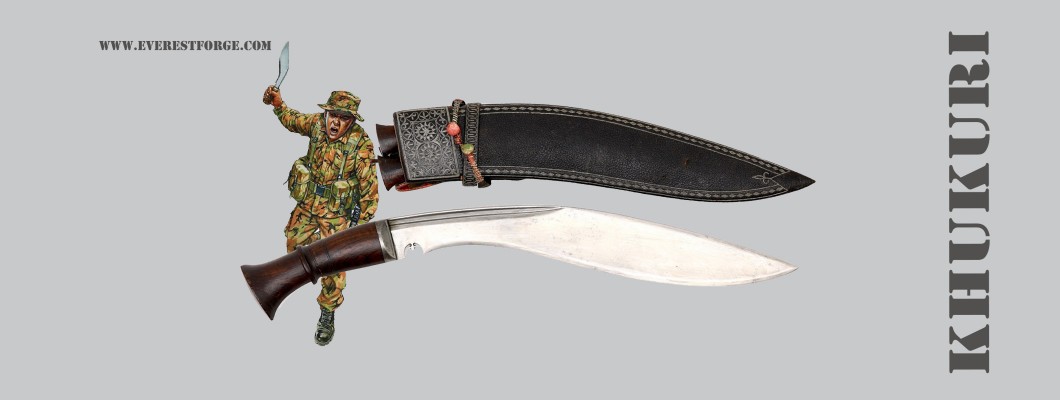
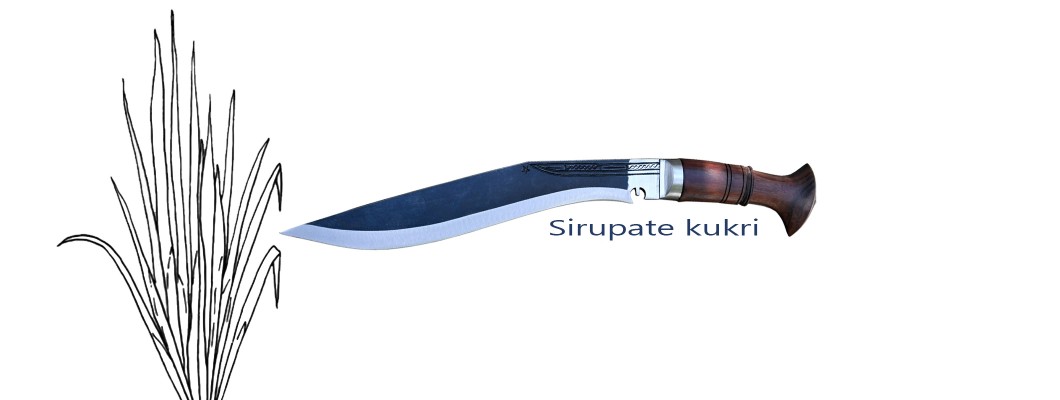
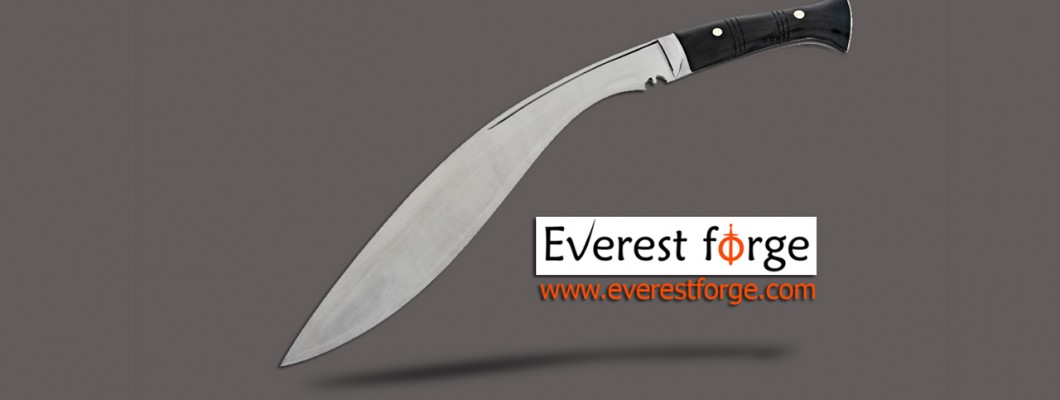
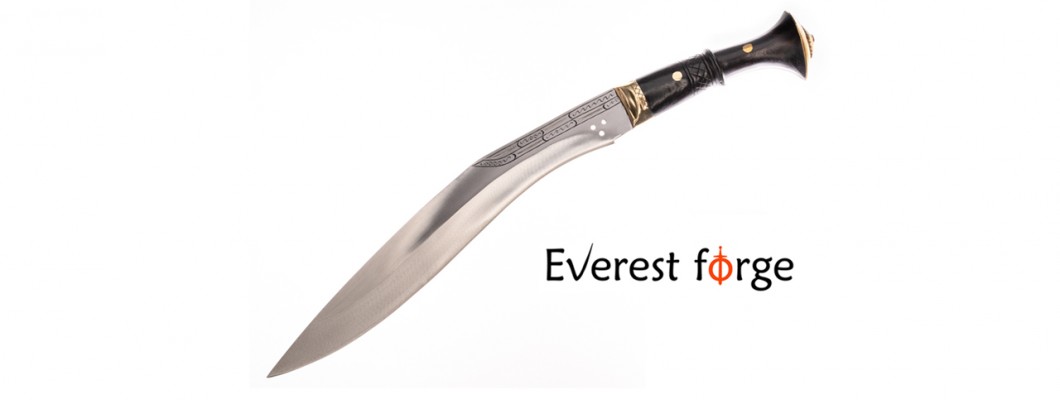
Leave a Comment